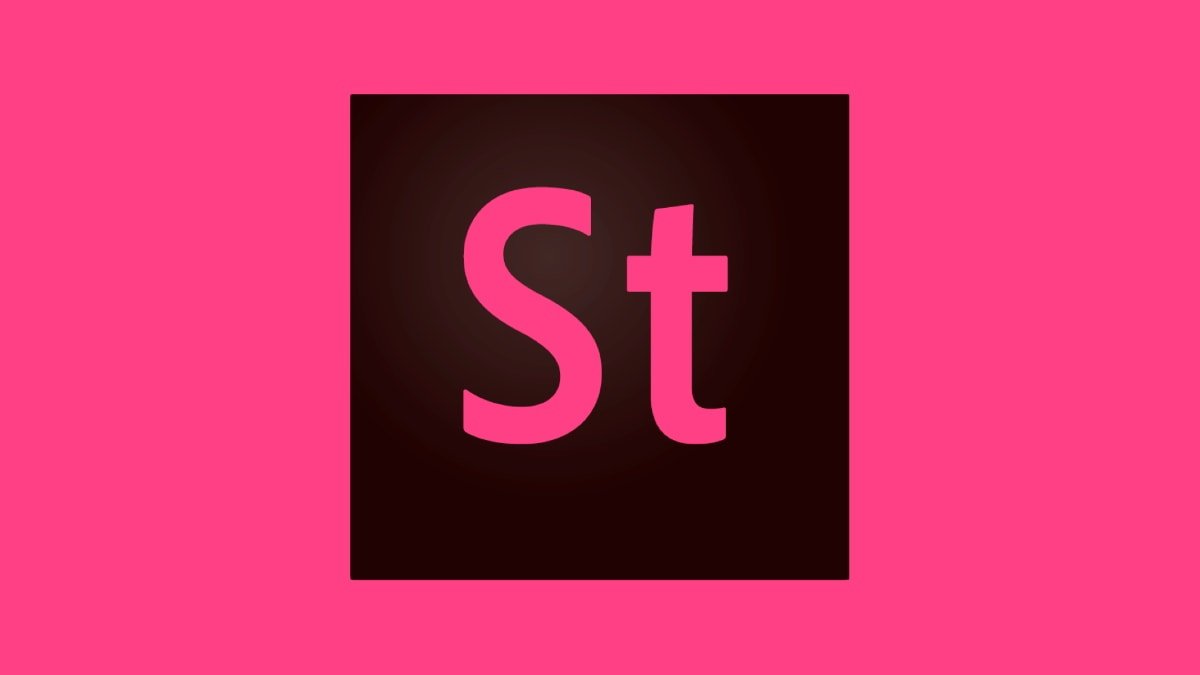Adobe recently announced it would begin accepting — and selling — stock images generated by AI tools, so long as they are labeled as such.
Many generative AI tools exist, such as Dall-E, Stable Diffusion, Midjourney, and others, that let people create artwork.
Adobe made the announcement on Monday for its marketplace of stock images called Adobe Stock. The company will set specific guidelines to address royalties and intellectual property.
Creators submitting content generated by an AI tool must own or have the right to use the image, which must be submitted as an illustration. Further, it has to be labeled with "Generative AI" in the title.
Adobe requires that each artwork complies with its new Generative AI Content Guidelines. For example, an artist needs to include a model release for real people depicted in the image or a property release for other artworks.
The policy also forbids submissions based on third-party content, including text prompts referring to people, places, property, or an artist's style without proper authorization.
Artists are concerned
The move is not without controversy. As AI tools become more popular, copyright and intellectual property questions arise.
For example, in September, Getty Images banned the upload and sale of generative AI images, citing legal concerns. This is because AI tools are trained on images scraped from the web without any kind of attribution. And these scrapes included copyrighted works.
Web scraping is legal in the US. Depending on interpretation, the images generated by these tools fall under the "fair use" doctrine. Some artists have called for regulation, and a compensation model for art built on their works by AI.
People using AI tools that rely on text prompts can type what they want the tool to create. However, they can also have the AI generate an image based on a specific human artist's style.
"I'm very concerned about it," commercial illustrator Greg Rutkowski told Forbes in September. "As a digital artist, or any artist, in this era, we're focused on being recognized on the internet. Right now, when you type in my name, you see more work from the AI than work that I have done myself, which is terrifying for me. How long till the AI floods my results and is indistinguishable from my works?"
In 2022, a person won an art contest in the Colorado State Fair fine arts competition using AI-generated artwork.
"I wanted to make a statement using artificial intelligence artwork," Jason Allen told The Pueblo Chieftain. "I feel like I accomplished that, and I'm not going to apologize for it."
And, there have been other examples of artists taking commissions, and using AI-generated art without disclosure. Or worse, they're passing it off as their own work, done by hand.
The trend of AI art shows no signs of slowing down. Despite the controversy, Adobe seems confident in its policies and will add more features to make this content more transparent.
 Andrew Orr
Andrew Orr







-m.jpg)






 William Gallagher
William Gallagher

 Malcolm Owen
Malcolm Owen









-m.jpg)




13 Comments
Let me be upfront; I hate Adobe. I find their software awkward and unintuitive to use, every iteration gets worse. I hate how they were one of the first to go al in on rental software. I think what they charge tor CC is beyond exorbitant. So now they think that releasing AI generated art to artists that are increasingly competing with AI generated art is a good idea.
In a nutshell: just another way to rip-off human artists. Adobe will only catch a percentage of the policy violations and I'm sure they know it.
AI image scraping should not be legal. Period.
Wow. I have no idea there are such things as AI generated arts. I checked some and some look really cool.